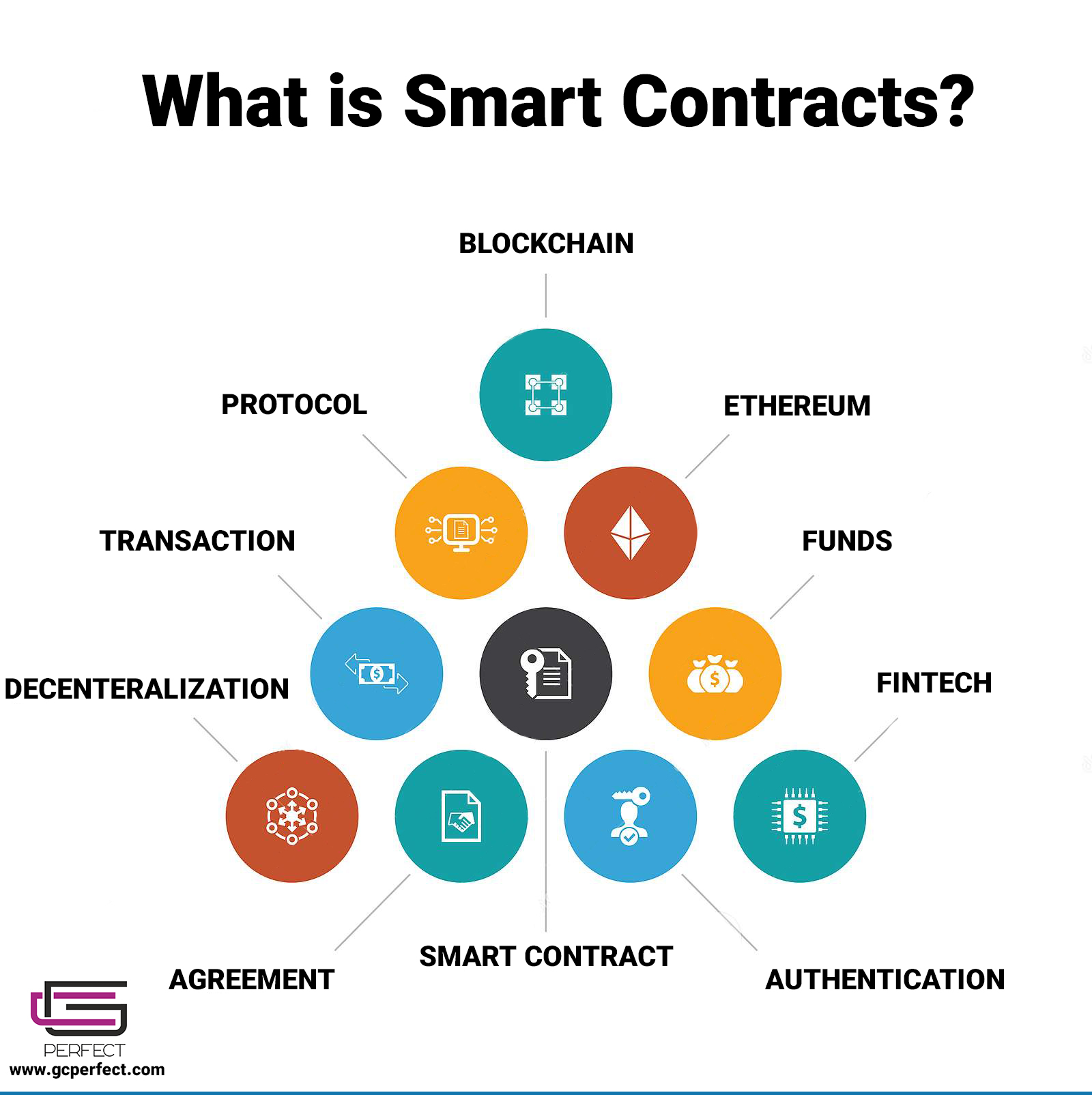To define smart contracts, it is better to give you an example. Imagine that he intends to renovate and repair his villa. This is a relatively complex and tedious process that requires a lot of paperwork, communication with different companies and individuals, as well as acceptable information about the field and its risks. This is why most people decide to outsource the work to a contracting service company to take all the necessary steps and supervise the transaction from the beginning of the negotiations until the end of the work.
In addition, contracting companies offer deposit services, which are very effective in contracts where the amount of money is too high and there is no complete trust in the other party to the transaction. However, after a successful transaction, approximately 7% of the sale price is paid as a commission to the employer’s representatives and the contractor; This amount is a big loss for the employer.
In such situations, smart contracts can be very useful and create a positive change in the industry. Smart contracts solve the problem of trust. Smart contracts work on an “if-then” basis. This means that the employer will be assigned to the contractor only when the agreed amount has been sent to the system.
These contracts also act as deposit services, meaning that money and property will be stored in the system and will be distributed exactly at the same time between the parties to the transaction. In addition, hundreds of people witness the transaction and approve it, thus ensuring that the delivery process goes smoothly. Since there is no problem of mistrust between the parties to the transaction, there is no need for mediation. All the actions taken by the contracting services company can be pre-applied in smart contracts, and at the same time, it saves the employer and the contractor from many additional costs.
And this is just a simple example of the potential uses of Smart Contracts. They facilitate the exchange of money, assets, and everything else of value, guarantee full transparency, prevent intermediaries’ services and costs, and eliminate the problem of mistrust between the parties to a transaction. The code of a specific smart contract includes all the terms and conditions agreed upon by the parties and the transaction information recorded in the China Block (Decentralized General Office).





